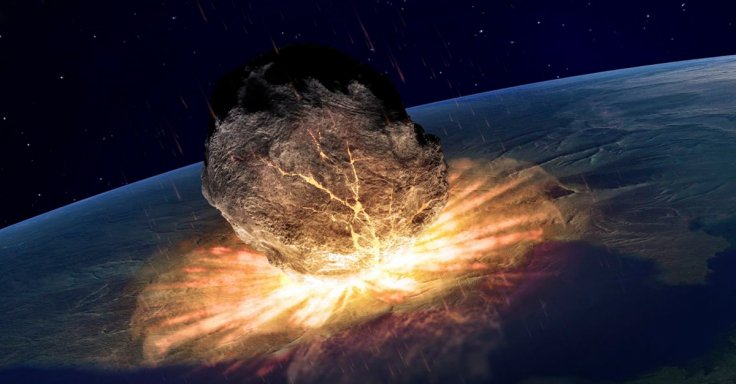
There are more than 700,000 asteroids which were spotted in the outer space and as per the astronauts, some of these asteroids may turn into serious threats to earth. While earlier the US space agency revealed that they are closely monitoring near-earth asteroids which are almost 140 meters wide, recently Rusty Schweickart, one of the Apollo 9 astronauts, has revealed some unknown and shocking facts about a close encounter with a gigantic space rock.
The 84-year-old former NASA astronaut, who was one of the members of the 1969 mission, recalled the encounter when they were looking at the night-time earth and monitoring the weather, thunderstorms and lightning from the window. During this Apollo 9 mission, he and other astronomers were dark-adapted for an experiment. Rusty Schweickart recalled that during their time in space one day, "who knows who said it first, but one of us said they saw a little flash down there and someone else says 'yeah, I saw it too,' but you wouldn't have mentioned it if the first person hadn't said it," and then the team found that "that was a meteor, burning up below us."
Since the Apollo 9 crew saw the burning asteroid below their station, it means that "it came down through our altitude!" After several years from this encounter, the former NASA astronomer raised one question about the impact history of the earth and the energy released by these space rocks. As per the Express.co.uk, he said "We're discovering more and more asteroids, and if we find one headed our way, what can we do? Is technology at a point where there's anything we can do?"
Many experts suggested that breaking up an asteroid in outer space would be the best option for the scientists to save earth from any disastrous incident. But recently in a video, Professor KT Ramesh at Johns Hopkins University explained that such a process would divide one threat into many. He said that the asteroid impact depends on how big they are and some of the small space rocks will be destroyed while entering the earth's atmosphere.
In addition, Prof Ramesh said, "If you take an asteroid and break into pieces, you might be hoping that none of those pieces will hit the ground," but there will be some changes in the atmosphere. He said, "if you break it up into small pieces, you will start damaging the atmosphere."









